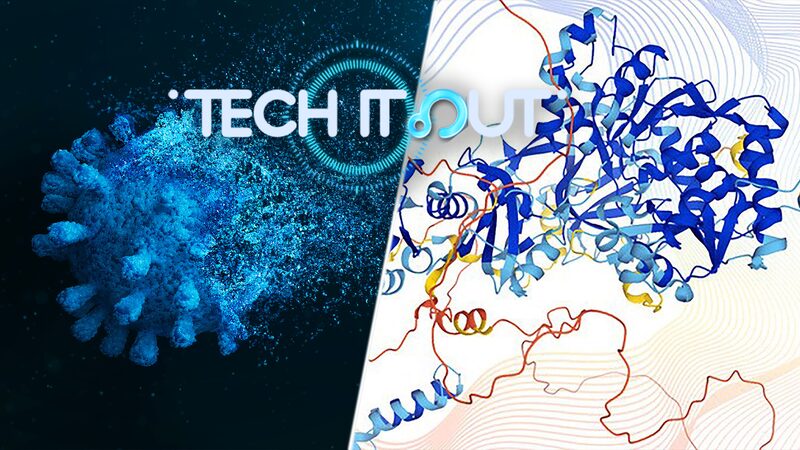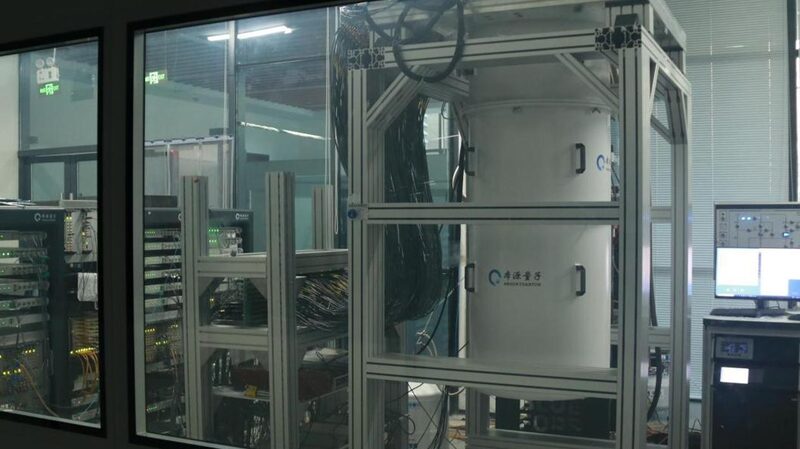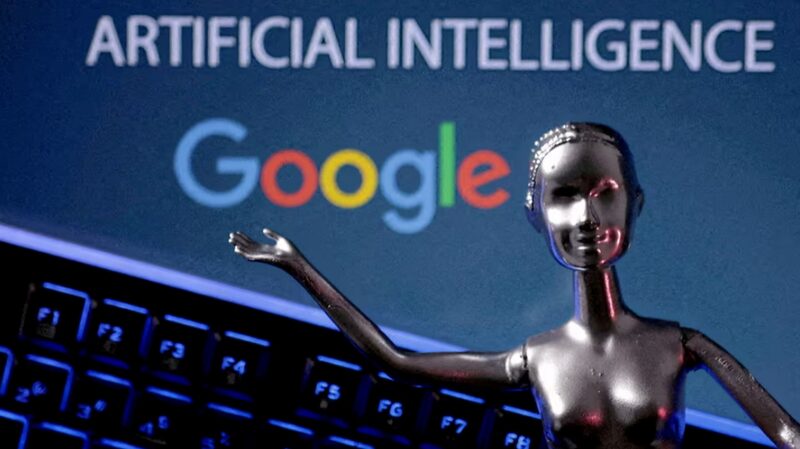In a groundbreaking development, Google has unveiled its latest quantum computing chip, named Willow, which promises to revolutionize the field by overcoming one of the most significant challenges facing quantum technology today.
On Monday, the tech giant announced that Willow had successfully solved a computational problem in just five minutes—a task that would take a classical computer longer than the entire history of the universe to complete. This monumental achievement marks a significant leap forward in the quest to harness the power of quantum computing for practical and commercial applications.
Overcoming Quantum Errors
Quantum computers operate using quantum bits, or “qubits,” which, unlike traditional bits, can exist in multiple states simultaneously. While this property allows quantum computers to process complex calculations at unprecedented speeds, it also introduces a high rate of errors, making them unreliable for practical use. The more qubits involved, the greater the potential for errors, which has been a persistent obstacle in the development of scalable quantum systems.
Google’s Willow chip addresses this challenge by ingeniously stringing together qubits in a manner that reduces the error rate as the number of qubits increases. Furthermore, Willow incorporates real-time error correction capabilities, enhancing the stability and reliability of quantum computations. This advancement brings researchers one step closer to realizing the full potential of quantum computing in solving complex problems across various industries.
A Long-Term Endeavor
Since Nobel laureate Richard Feynman introduced the concept of quantum computing in 1981, scientists worldwide have been striving to turn this theoretical model into a practical reality. Despite significant breakthroughs over the decades, creating a general-purpose quantum computer remains a long-term goal that demands ongoing innovation and collaboration within the scientific community.
Expert Opinions
While Google’s announcement has generated excitement, some experts urge caution in interpreting the results. Professor Alan Woodward, a computing expert at Surrey University, acknowledges the potential of quantum computers to outperform classical computers in specific tasks but emphasizes that they will not render traditional systems obsolete.
“One has to be careful not to compare apples and oranges,” Professor Woodward told the BBC, warning against overstating the importance of Willow’s achievement in a single test. He suggests that while the progress is noteworthy, it represents one step in a lengthy journey toward fully functional quantum computing.
The sentiment reflects a broader consensus in the scientific community that while breakthroughs like Willow are critical, a significant amount of research and development remains before quantum computers become a staple in everyday technology.
Implications for the Future
The potential applications of quantum computing are vast, ranging from cryptography and secure communications to drug discovery and complex system modeling. For business professionals, investors, and market analysts, advancements like Willow signal emerging opportunities in technology markets and sectors poised for disruption.
Academics and researchers keen on exploring the frontiers of computational science will find Google’s latest development a compelling case study in overcoming practical challenges through innovative engineering solutions.
(With inputs from Reuters)
Reference(s):
cgtn.com







